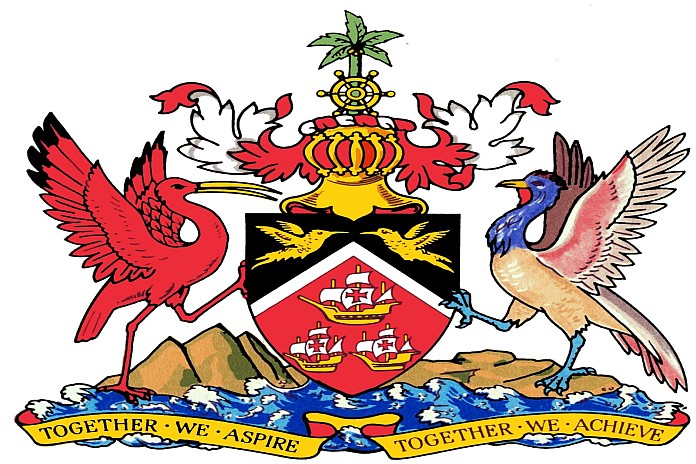Dear Sir
In the midst of this pandemic, another crisis is looming around the corner – the executive versus the commissioner of police.
This crisis began playing out in the public domain early Monday morning after a post on social media by the crisis communications specialist Rhoda Bharath, hired through the ministry of finance operating out of the offices of the National Lotteries Control Board, wherein Bharath called on the public to ignore the advice of police commissioner Gary Griffith and instead follow the instructions of the minister of national security Stuart Young.
Young had issued a media release advising citizens that the stay at home measures which commenced on Sunday, March 29, 2020, means that persons can only be outside their home if they are part of the essential staff of essential businesses or to conduct essential activity… no exercising in public spaces as well.
Commissioner Griffith categorically refuted this advice, saying the Trinidad and Tobago Police Service (TTPS) can only work with what authority or power is given to arrest anyone if they leave their homes.
The extra authority that the TTPS has been given will be for those of over ten persons congregating or if non-essential businesses remain open.
What is indeed very worrisome is that since Bharat’s post and Griffith’s rebuttal on Monday, Young’s only comment is that he and the commissioner are on the same page despite differing views on the powers of law enforcement. This response from the national security minister gives absolutely no clarity on the issue at hand, i.e., does he agree with and accept that Bharat’s statement was in fact the view and decision of the Rowley-led People’s National Movement (PNM) administration.
 This is a further signal that in its never-ending pursuit of power, the executive, through the minister of national security, has embarked upon a journey of attempting to infiltrate and take control of the country’s arm forces.
This is a further signal that in its never-ending pursuit of power, the executive, through the minister of national security, has embarked upon a journey of attempting to infiltrate and take control of the country’s arm forces.
The minister of national security has absolutely no powers to give directions or orders to any of the country’s security services or to citizens; rather the administration sets the policy framework which the security services enforce.
Young is quoted in Loop News as saying that police officers will be out enforcing the orders and will be assisted by members of the Trinidad and Tobago Defence Force to ensure citizens comply. “This is the government’s policy and advice to the population.”
Government’s policy and advice minister? Are you arrogating onto yourself and the government powers that you do not have under the country’s laws?
Is the minister of national security aware that the Trinidad and Tobago Defence Force (TTDF) does not have the power to arrest/detain civilians and cannot be employed in any law enforcement role, no matter what the government wishes?
If he is aware, then why such exuberance in making these misleading and totally unwarranted statements?
If he is not, then why he is sitting as the minister of national security and by extension, a member of the country’s national security council?
A reminder to Dr Keith Rowley, Stuart Young, Faris Al-Rawi and the rest of the PNM Cabinet, “Power tends to corrupt, and absolute power corrupts absolutely.”
Capil Bissoon






Capil, What hyprocracy on your part. The COP sighted the law. He isn’t disagreeing with the policy on attempt to restrict people congregating. He is clarifying that people who flout the instruction cannot be arrested.